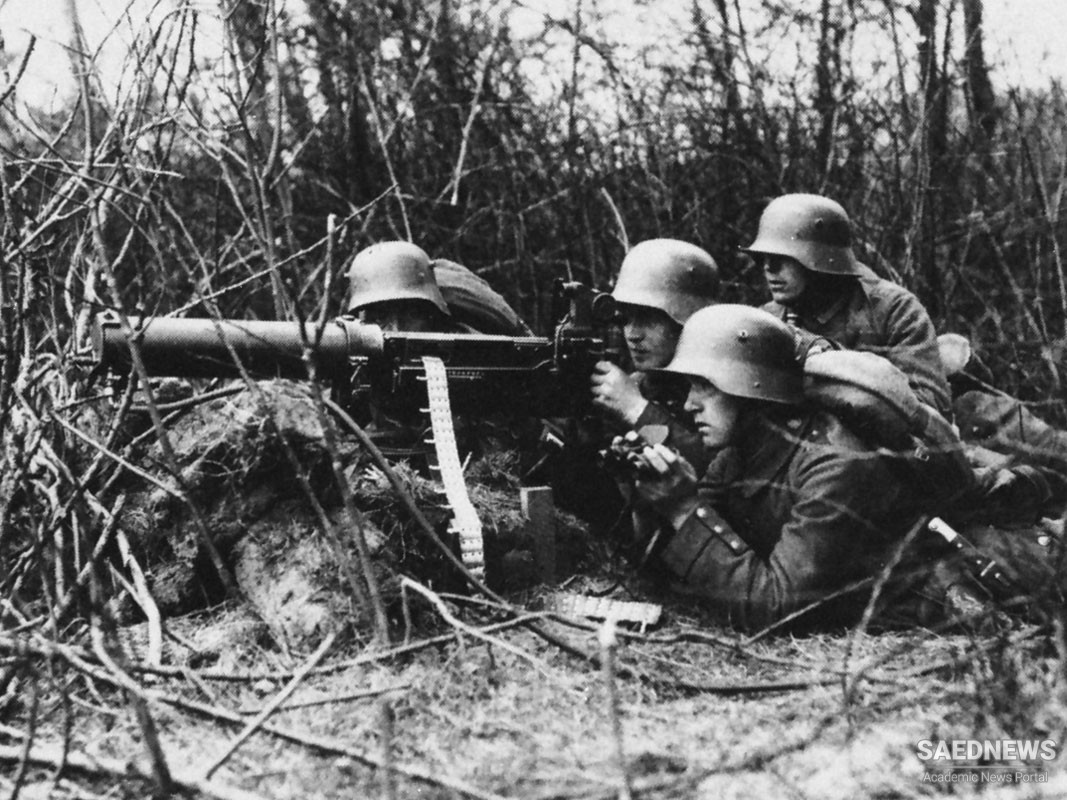The efforts to prevent a hostile coalition from coming together began to break down even before Kaiser Wilhelm II ‘dropped the pilot’, dismissing the aged chancellor in 1890. Bismarck’s genius was to bind nations in rivalry together in a web of alliances at the pivot of which lay Germany, while isolating France. But this construction was beginning to come apart at the seams. In 1890 Germany ‘cut the wire to St Petersburg’, the reinsurance alliance that had bound Germany and Russia. Now Russia was isolated, which created the conditions for France and Russia, republic and tsarist imperial regime, to come together in a military pact four years later. It was the beginning of the process that split Europe into two opposing camps. Britain tried to assume the mantle of honest broker but too many imperial interests of its own, which brought it into conflict with Russia, stood in the way. Germany added to its problems by being blinded by a vision of Weltpolitik, worldwide power; a latecomer in the colonial carve-up, Germany was now demanding its place in the sun. Unless a world power, the inheritor of the British Empire, its chauvinist leaders thought, Germany’s eventual decline was certain. German foreign policy swung from apprehension at the growing menace of the French–Russian alliance with a nightmare vision of a Russian army of millions marching into East Prussia while the French massed in the West, to bold strokes making its weight felt when it came to sharing out the remaining dishes of the imperialist dinner. The two sides of this policy were forcing France and Britain to make concessions in West and East Africa while building up Tirpitz’s battleship fleet and drawing up the Schlieffen Plan to cope with a two-front war. France would be invaded first riding roughshod over Belgian neutrality and then Russia. Its foreign policy turned Britain from the path of seeking an alliance at the turn of the century to forming military defensive arrangements and imperial settlements with France and Russia in 1904 and 1907. Meantime Germany became more and more reliant on a weakening ally, the Habsburg Monarchy beset by the problems of keeping a multinational state going. The year 1912 was fateful for Germany at home and abroad. Its bullying tactics had gained it just small prizes in Morocco and Africa while causing great friction. Bismarckian diplomacy was turned on its head. In the Balkan cauldron, Germany even feared that Russia and Austria might reach an amicable accommodation and then Germany would lose its reliable ally.


 World in Twentieth Century: Beginnings and Origins
World in Twentieth Century: Beginnings and Origins














































